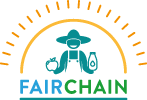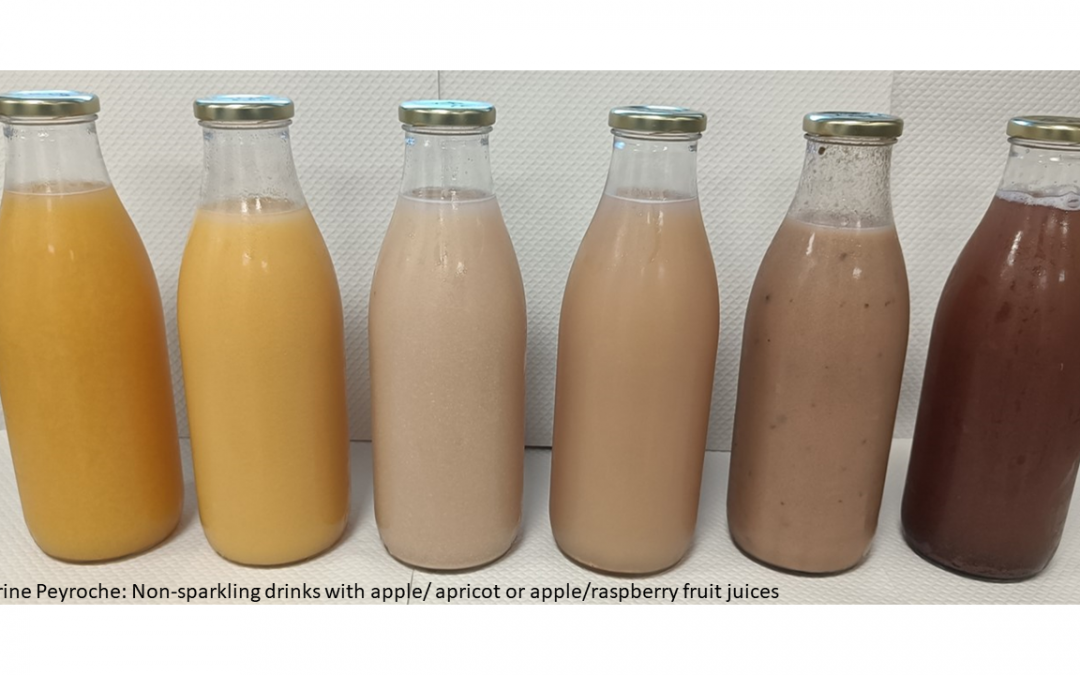
Jul 8, 2024
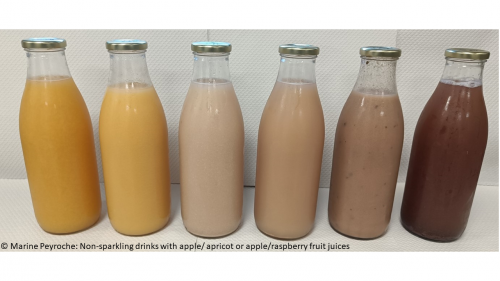
Two training sessions related to the case study ‘Innovative dairy drinks based on co-products of cheese manufacturing ‘ and open to the public will be held in Poligny (Jura, France) in September!
Please note that the training sessions will be delivered exclusively in French.
-
Réemploi de bouteilles consignées – 17 September 2024 – Maison du Comte
- Comprendre les différentes typologies de réemploi, et connaître le contexte (acteurs, règlementations) aux niveaux régional et national
- Partager l’expérience d’acteurs impliqués dans les différentes étapes du réemploi
- Découvrir un outil d’aide à la conception de scénarios de réemploi basé sur des critères environnementaux en cours de développement dans le cadre de FAIRCHAIN
- Partager les acquis du projet FAIRCHAIN : A quoi une PME doit être attentive pour se lancer dans le réemploi ?
-
Production de boissons fermentées – 18 September 2024 – Maison du Comte
- Comprendre le procédé de production du lactosérum en boissons fermentées
- Bénéficier de conseils pour mettre en place le procédé
- Discuter collectivement des améliorations possibles du procédé et de sa mise en oeuvre pour assurer son adoption et sa réplicabilité
- Obtenir une vision complète des réalisations du c as d’études français et des recommandations apportées
- Evaluer les innovations et le processus de co création mis en place pour les développer

Apr 4, 2024

The aim of the French Case Study is to help a medium-sized cheese dairy and its affiliated farmers in Eastern France (Bourgogne Franche-Comté) to find innovative solutions to utilise whey and possibly generate income from it at regional level. Cheese whey, produced in small quantities and in geographically isolated areas, is often disposed of in wastewater treatment plants, sent to biodigesters or fed to animals. The idea of the case study is to offer an innovative way to use cheese whey by producing innovative fermented drinks based on whey and fruit juices, and by marketing and distributing them in returnable and reusable bottles.
During the last months, researchers at INRAE in Rennes and Laboratories Standa developed the drinks. The process was then adapted on a pilot scale and the drinks was produced by Enilbio in Poligny using whey from the Monts et Terroirs cheese dairy in Vevy (belonging to SODIAAL). The development was accompanied by market and consumer research to assess consumer acceptance of these drinks and the deposit system (Actalia Innovation and Petrel), and by environmental and economic assessments (INRAE, DSS+) to guide development choices.
The new drinks come in several flavours: sparkling with elderflower, apple or grape juice, and non-sparkling with apple/apricot or apple/raspberry fruit juice.
On 7 December 2023, the project partners met in Poligny with local stakeholders, representatives of cheese dairies, the Bourgogne France-Comté region, fruit juice producers and breweries. They tasted the drinks and enjoyed them! The progress made since the launch of the project is enormous.
What are the next steps?
What needs to be done now to popularize these innovative whey-based drinks is first consumer studies in real-life situations for a final assessment of acceptance, and then identification of the most appropriate business models. Finally, an environmental, social, and economic assessment of the new value chains for “whey-based drinks in returnable bottles” will be carried out with a focus on medium-term sustainability at regional level.

Dec 20, 2023

The French case study aims to offer an alternative way of valorizing cheese whey – by producing a fermented drink. This will improve the competitiveness of small cheese dairies, who produce whey in small quantities and in geographically isolated areas, and often send their whey to wastewater treatment plants, biodigest it, or feed it to animals.
An “early-design making approach” maximised consumer acceptance by conducting market and consumer studies (Actalia Innovation, Petrel, in collaboration with J’aime mes bouteilles) in the developmental stage of the project. These defined and prioritised beverage concepts, including distribution mode. Additional studies evaluated environmental and economic impact (INRAE-Palaiseau; INRAE-Rennes).
After 2 years of work, the first innovative fermented drinks based on whey and fruit (or vegetable) juices are ready! They were developed by INRAE-Rennes and Laboratoires Standa, produced by Enilbio in Poligny in collaboration with Sodiaal, using whey from the Monts et Terroirs cheese dairy in Vevy. The process was adapted on a pilot scale and the drinks will be distributed in returnable and reusable bottles. This drink is perfect for an adult aperitif or a child’s snack at any time of the day!
This new drink comes in several varieties: sparkling with elderflower, apple or grape juices, and non-sparkling with apple/ apricot or apple/raspberry fruit juices. All drinks were tasted by about 60 people in a study by Actalia Sensoriel laboratory in Bourg en Bresse and two stood out as favourites: the elderflower, 77%, and the apple-raspberry, 69%. The drinks were also tasted by FAIRCHAIN partners on 7 December 2023 at a project meeting in Poligny and were thoroughly enjoyed!
The next steps in popularizing these innovative whey-based drinks are consumer studies in real-life situations for a final assessment of acceptance, and identification of the most appropriate business model(s). Environmental, social and economic assessment of the new “whey-based drinks in returnable bottles” value chain will be carried out with a focus on mid-term sustainability at a regional level.

May 10, 2023

The latest issue of the FAIRCHAIN newsletter provides a general progress update more than halfway into the project and reports on exciting developments from the French and Swiss case studies. You will also find information about training opportunities and dissemination activities.
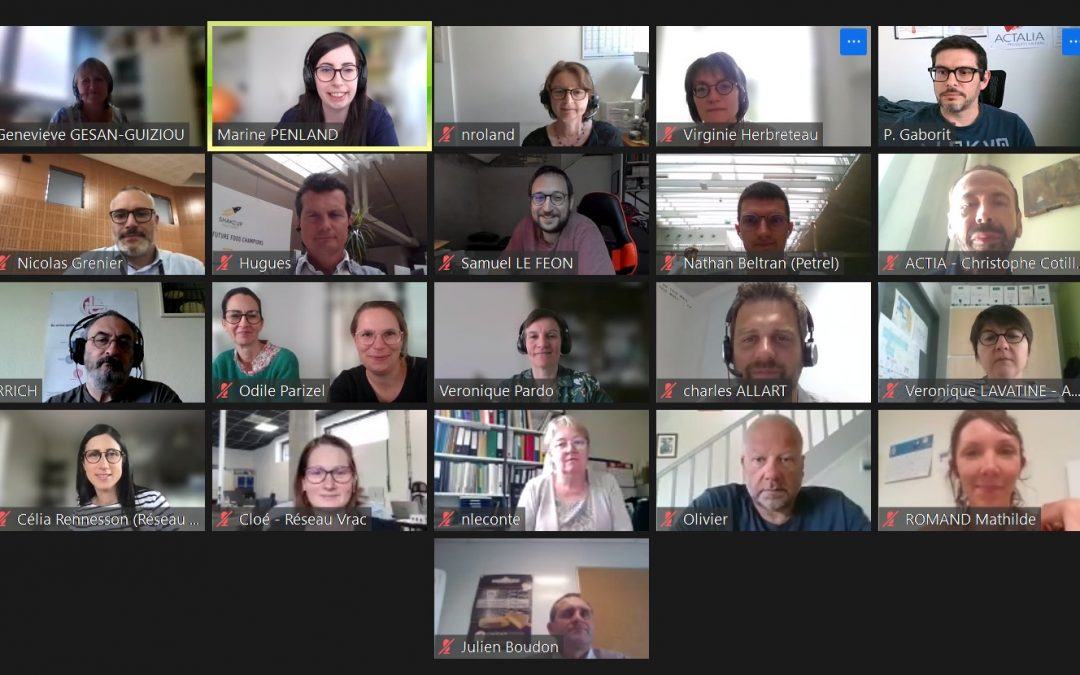
Jun 2, 2022
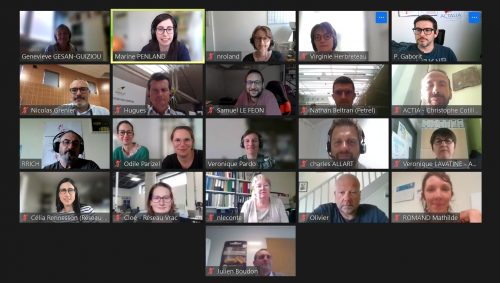
The second implementation workshop took place yesterday for the French case study. The concept of innovative fermented-whey-based drinks selected by consumers was presented, together with the obstacles towards their development and possible solutions .
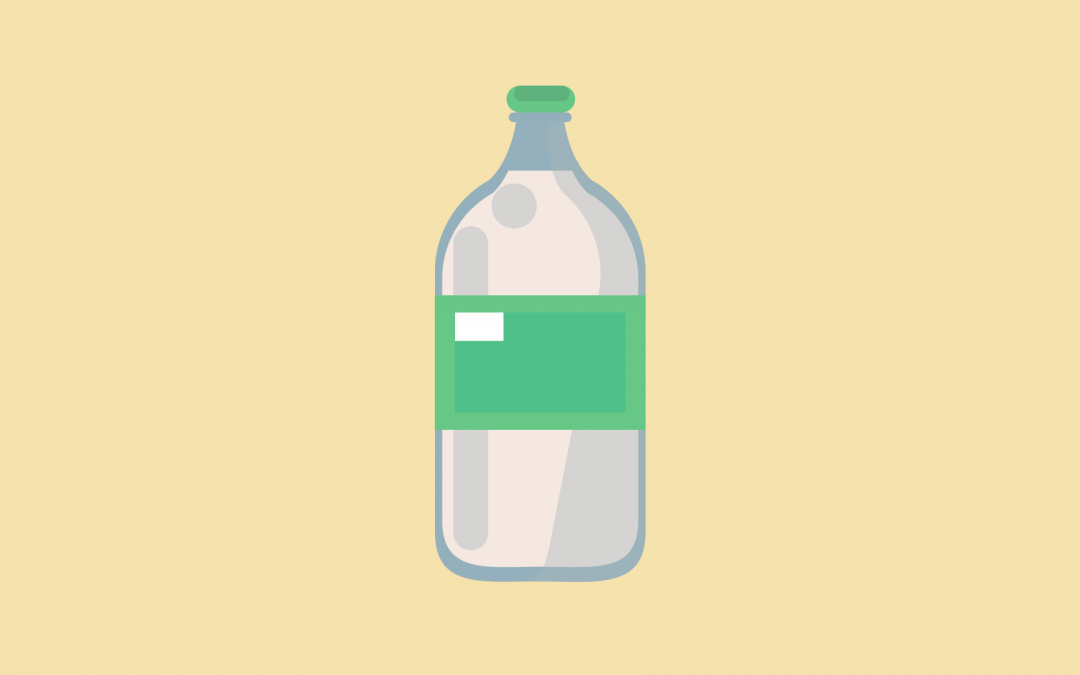
Mar 1, 2022
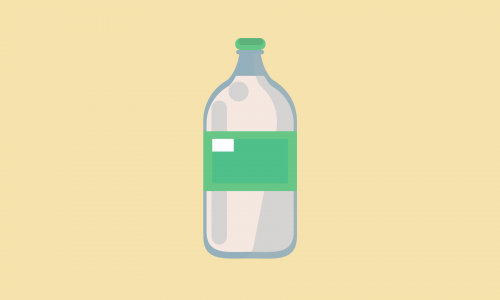
Vitamin B2 (riboflavin) is responsible for the color of whey.
Whey is the serum phase of milk, or the liquid remaining after removal of fat and casein, which contains mostly soluble components, including lactose, soluble salts, and globular proteins, among others. With the increased demand of dairy products, especially Greek yogurt, the yields of acidic whey increased and researchers are looking for ways to valorise it.
The FAIRCHAIN French case study is valorizing whey by developing whey-based drinks.


